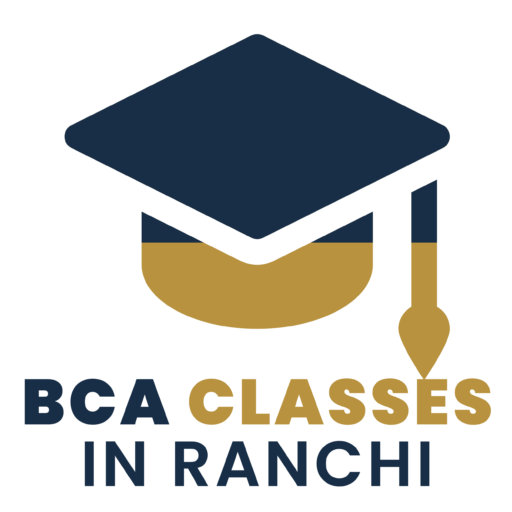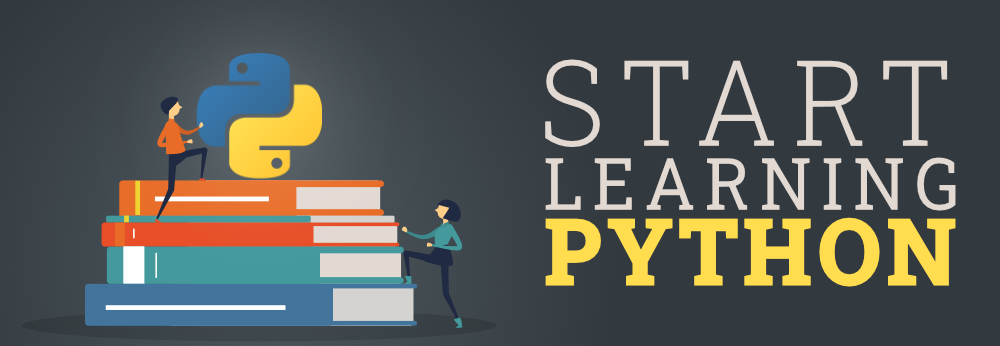Introduction
Preparing for your BCA exams can be challenging, but with the right approach, you can succeed. Here are some useful tips and resources to help you prepare effectively for your BCA exams.
1. Create a Study Plan
- Make a schedule for your study time. Divide your days based on subjects and topics.
- Set specific goals for each study session. For example, finish studying one chapter or complete a set of practice questions.
- Stick to your schedule. Consistency is key to managing time and covering all subjects.
2. Understand the Exam Syllabus
- Read the syllabus carefully. Know what topics you need to focus on for each subject.
- Mark the most important chapters. Some topics carry more weight in exams than others.
- Don’t ignore any part of the syllabus. Even small topics can appear in the exam.
3. Focus on Key Subjects
- Certain subjects, like programming, data structures, and database management systems, are critical for BCA exams.
- Spend extra time on subjects that are difficult for you. Don’t leave them for the last minute.
- Review important concepts, formulas, and programming languages regularly to keep them fresh in your mind.
4. Use Quality Study Material
- Choose textbooks recommended by your professors or trusted online resources.
- Refer to online tutorials, eBooks, and video lectures to better understand difficult concepts.
- Use study guides and notes from previous years to reinforce what you’ve learned.
5. Practice Coding Regularly
- Programming is a core part of the BCA curriculum. Practice coding every day to improve your skills.
- Solve coding problems on platforms like HackerRank, LeetCode, or CodeChef to sharpen your problem-solving abilities.
- Try writing programs from scratch to test your understanding of different concepts.
6. Solve Previous Years’ Question Papers
- Solving past exam papers is one of the best ways to prepare for your BCA exams.
- It helps you understand the exam pattern and types of questions that may appear.
- Time yourself while solving these papers to practice managing time during the actual exam.

7. Make Notes and Summarize Key Points
- Writing notes helps you remember important concepts. Focus on key points, formulas, and algorithms.
- Create summaries for each chapter that you can quickly refer to during revision.
- Use diagrams, charts, and mind maps to visualize complex concepts, especially for subjects like data structures and networking.
8. Group Study for Difficult Topics
- Studying with classmates can help you understand difficult topics better.
- In a group study, you can discuss concepts, solve problems together, and clarify doubts.
- However, stay focused and make sure your group study sessions are productive.
9. Revise Regularly
- Don’t wait until the last minute to start revising. Regular revision is essential to retaining what you’ve learned.
- Set aside time for revision each week. Go over what you studied earlier to ensure you remember key points.
- In the final days before exams, focus on reviewing important chapters and practicing questions.
10. Take Breaks to Avoid Burnout
- Studying for long hours without breaks can lead to burnout. Take short breaks between study sessions to refresh your mind.
- A 5-10 minute break after every hour of study can help you stay focused and improve your concentration.
- Use breaks to stretch, walk around, or have a healthy snack to recharge your energy.
11. Stay Healthy
- Eating well, staying hydrated, and getting enough sleep are important for good exam preparation.
- Avoid late-night cramming sessions. A good night’s sleep helps your brain retain information better.
- Regular exercise, even a short walk, can help reduce stress and improve focus.
12. Stay Positive and Manage Stress
- Stay confident in your preparation. A positive mindset will help you focus better during your exams.
- If you feel stressed, take a deep breath, relax, and focus on the next task at hand.
- Meditation and deep breathing exercises can help calm your nerves and improve concentration.
Resources for BCA Exam Preparation
- Textbooks & Reference Books
- “Programming in C” by Dennis Ritchie
- “Data Structures” by Seymour Lipschutz
- “Database Management Systems” by Raghu Ramakrishnan
- “Computer Networks” by Andrew S. Tanenbaum
- Online Learning Platforms
- Udemy – Offers courses on coding, algorithms, data structures, and more.
- Coursera – Provides specialized courses from top universities.
- edX – Offers courses in programming, networking, and software development.
- GeeksforGeeks – A great website for practicing coding problems and learning programming concepts.
- Coding Practice Websites
- HackerRank – Excellent for practicing programming and data structures.
- LeetCode – Focused on coding problems and interview preparation.
- CodeChef – Offers coding contests and practice problems.
- Study Apps
- Khan Academy – Free educational platform with programming tutorials.
- Quizlet – Helps you create flashcards to memorize key concepts.
- Evernote – A great tool for organizing study notes and materials.
Conclusion
Preparing for BCA exams can be challenging, but with the right plan and resources, you can perform well. Stay organized, follow a study schedule, practice coding regularly, and focus on understanding core concepts. Remember, consistency is key. Stay healthy, take breaks, and keep a positive mindset. By following these tips and using the recommended resources, you can achieve success in your BCA exams. Good luck!
Read Our Other Blog
Affordable Resources for College Students on a Budget
For More Information and Updates, Connect With Us
Name Abhishek
Phone Number: +91-7488456170
Email ID: abhishek@eepl.me
Our Platforms:
Digilearn Cloud
EEPL Test
Live Emancipation
Follow Us on Social Media:
Instagram – EEPL Classroom
Facebook – EEPL Classroom
Stay connected and keep learning with EEPL Classroom!












